Surgical Considerations for Emergency and Elective C-Sections & Techniques for Successful Neonatal Resuscitation in Dogs and Cats
Species
Small Animal
Contact Hours
3 Hours - RACE Approval Pending
Language
English
Discipline
Diagnostic Imaging
Growth Partners
Global


North America



Latin America

Europe

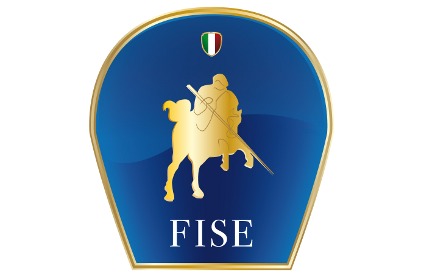




Middle East & Africa


Asia-Pacific


Veterinary Partners
Global

North America
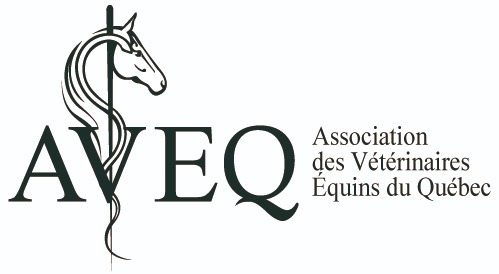

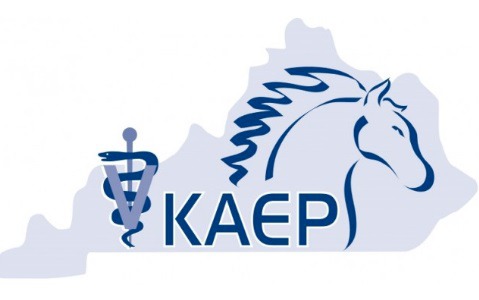
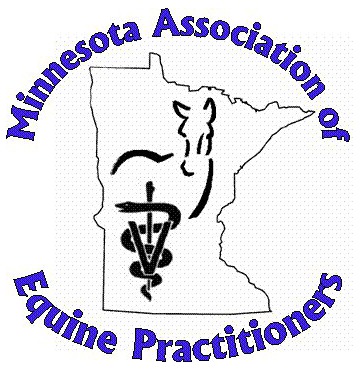
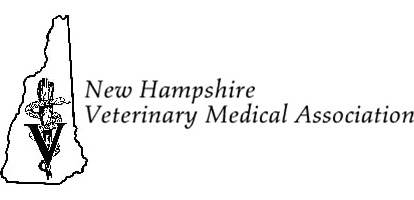
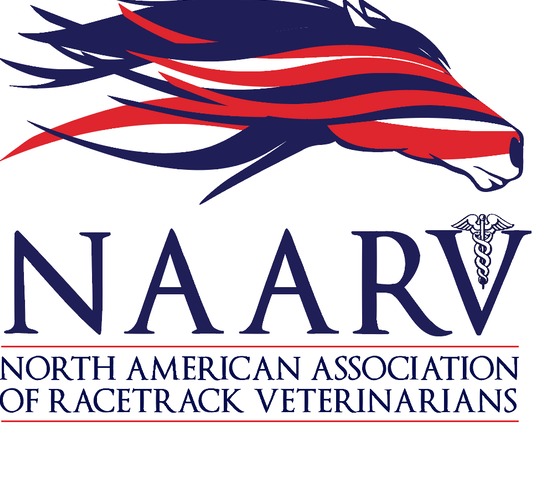
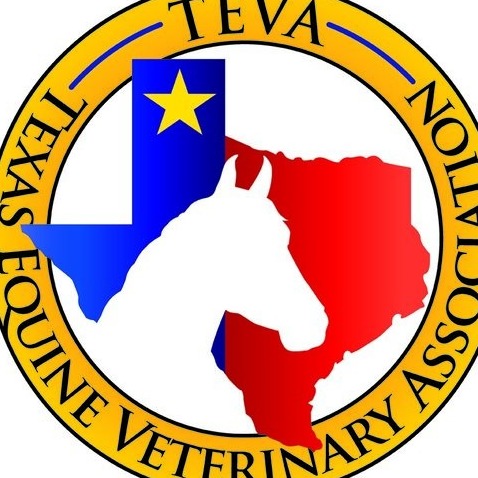

Europe
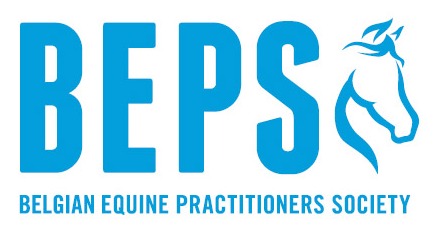


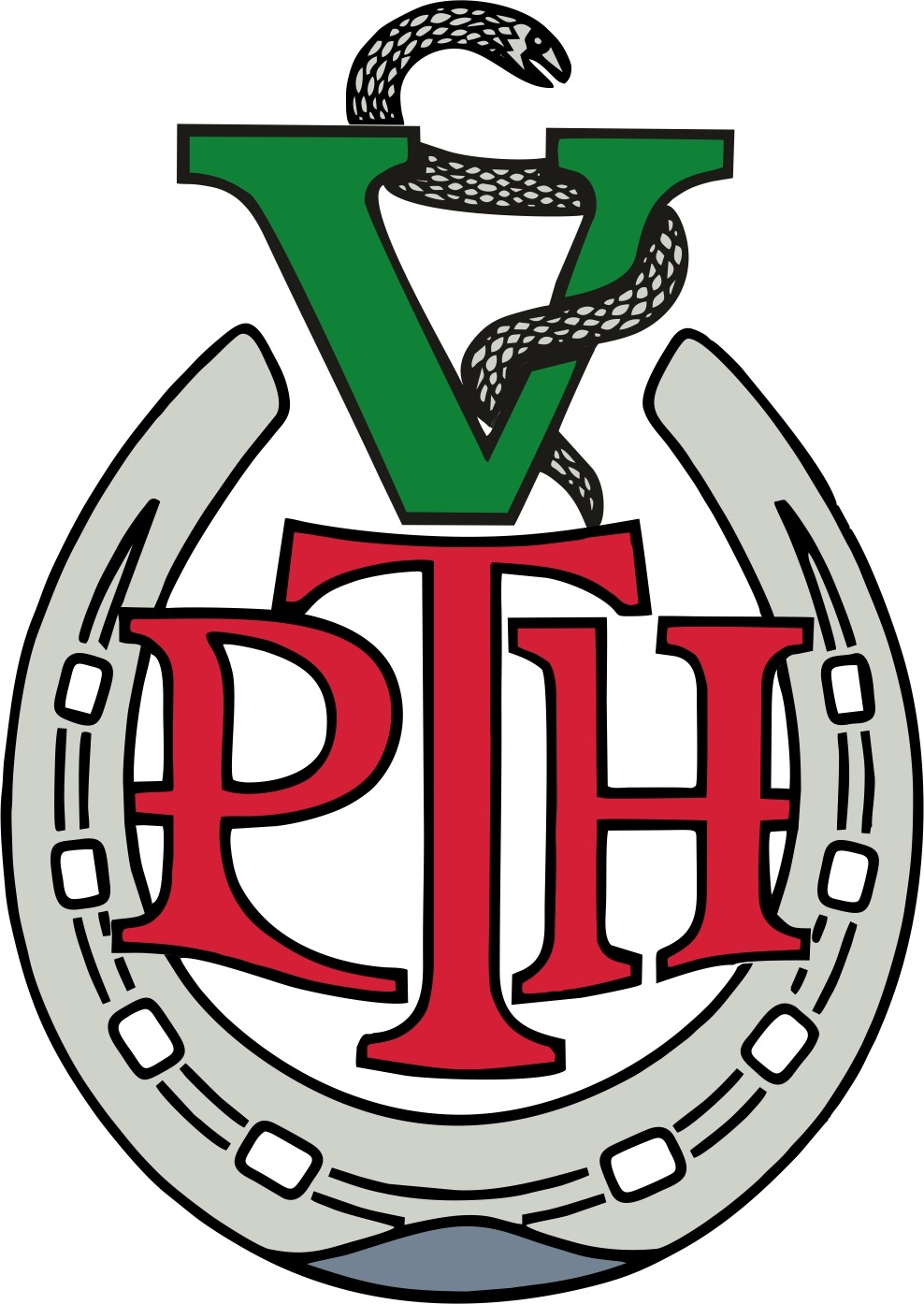

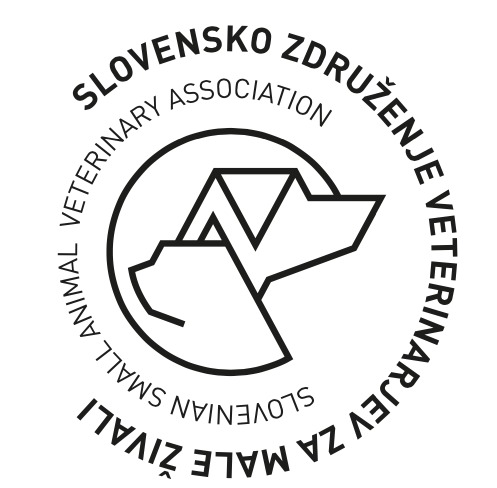
Middle East & Africa
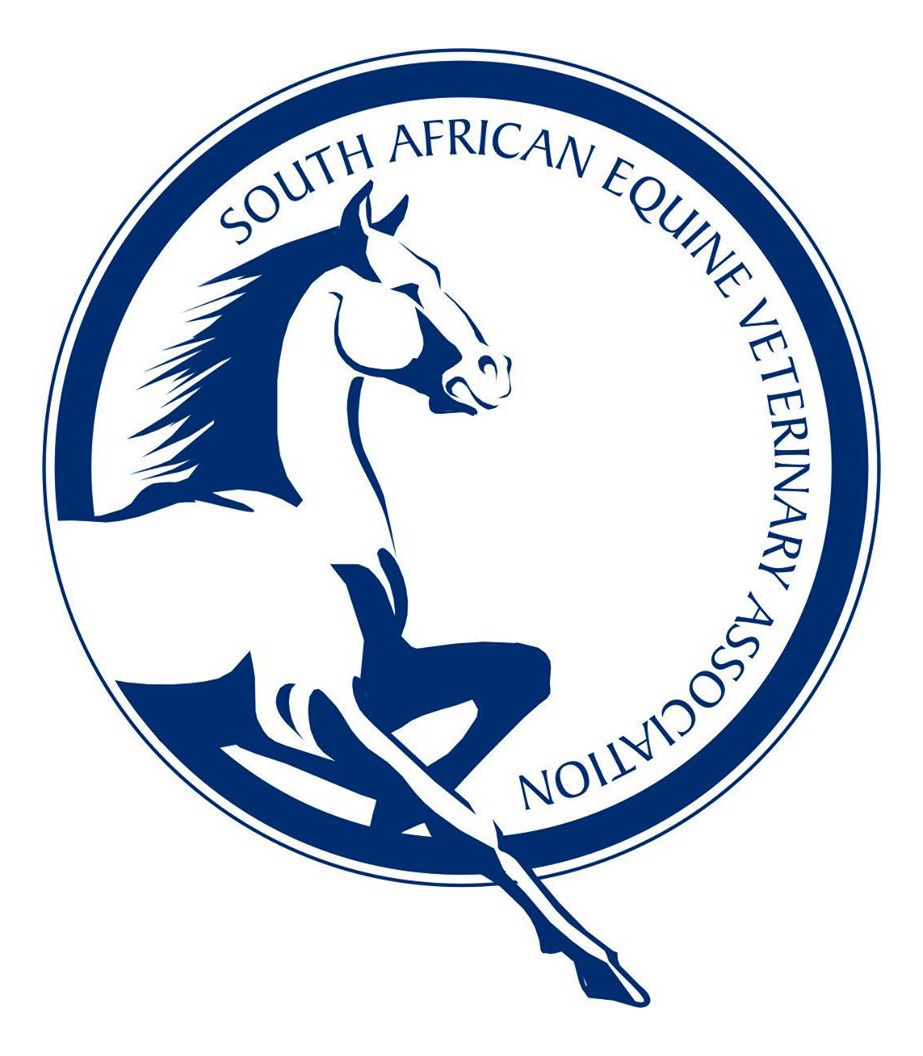
Time: London 6PM / Paris 7PM / New York 1PM / Sydney 3:00AM (+1)
Panelists:
Kurt de Cramer BSc., BVSc., MMedVet(Gyn), PhD - Rant en Dal Animal Hospital, South Africa
Helle Harding-Poulsen DVM, PhD - University of Copenhagen, Denmark
Andrea Münnich DVM, PhD, DECAR - Tierarztpraxis Schönow, Germany
Moderator:
Cheryl Lopate BS, MS, DVM, DACT - Reproductive Revolutions, USA
PANEL DISCUSSION DESCRIPTION
This interactive panel discussion will cover decision making regarding anaesthetic protocols for routine and emergency C-section and suggestions to minimize risks for brachycephalic breeds, bitches with large litters, or bitches carrying high-risk pregnancies such as hypoluteoidism, anasarca, placentitis, concurrent pyometra and pregnancy, etc. Basic surgical procedures will be covered briefly, with particular emphasis highlighting tips for preventing concerns like intra-operative hypotension, excessive blood loss, preventing uterine lacerations, and other common complications during the surgical procedure.
Neonatal resuscitation protocols will be included as well as post-operative pain management, lactation induction or augmentation for the dam. We will discuss improvement of maternal behaviour towards her neonates particularly regarding the maiden bitch undergoing elective C-section.
There will be plenty of opportunity for attending vets to ask questions, make comments and share their own experience with the group.
This is part 2 of our C-section panel discussion. See part 1 covering indications for and against elective and emergency C-section in dogs and cats and factors that should be considered in preparation for surgery.
Software Testing is a method to check whether the actual software product matches expected requirements and to ensure that software product is Defect free. It involves execution of software/system components using manual or automated tools to evaluate one or more properties of interest.6 days ago.
More InfoAndy graduated from Bristol in 1988 and after two years in mixed practice started in ambulatory equine practice in the Midlands. He gained the RCVS CertEP in 1993 before moving to Liphook Equine Hospital in 1994, becoming a partner in 2001. This was followed by the RCVS diploma in equine internal medicine in 2003 and European diploma in equine internal medicine in 2004. Andy has continued to perform a little first opinion ambulatory work although he now mainly works in the new hospital at Liphook with medical in-patients and the diagnostic laboratory. He has recently been appointed as visiting professor at the University of Surrey, Guildford and is involved in the development of a new veterinary school there. Andy’s main professional interests are in endocrine disease, liver disease, dermatology, infectious diseases and most other aspects of internal medicine.
More InfoDr. Parks received his Vet MB from the University of Cambridge in 1981. Dr. Parks is a Diplomate of the American College of Veterinary Surgeons and received his certificate in Veterinary Radiology from the Royal College of Veterinary Surgeons in 1982. He currently serves as Professor of large animal surgery at the University of Georgia. Dr. Parks has made over 160 professional presentations and has peer reviewed and authored articles and book chapters. His clinical interests are large animal surgery lameness and diseases of the foot.
More InfoAfter graduating from the University of Melbourne in 1997, Allison spent 2 years in mixed practice in Gawler, SA, before traveling to the USA to undertake a residency in Large Animal Internal Medicine at the Ohio State University. She completed her Masters of Science and was awarded Diplomate status of the American College of Veterinary Internal Medicine (ACVIM) in 2002. She then became a faculty member at Auburn University in Alabama and competed a fellowship in Emergency and Critical Care and obtained Diplomate status in 2007. Allison worked as a specialist and taught veterinary students at Auburn University for 12 years, and has over 300 publications/book chapters/scientific presentations/conference lectures. She was awarded 30 research grants and has presented research throughout the world in the areas of equine endocrinology, fungal disease, neurology, infectious disease and pharmacology.
Allison resigned her position as a Professor of Equine Internal Medicine and Emergency and Critical Care at Auburn University in 2014 to return to family and friends in Australia, importing her two cats. Whilst working on her PhD based at the Swedish Agricultural University, she also worked at Gisborne veterinary clinic and was appointed as a board member on the Veterinary Practitioners Registration Board of Victoria. Allison was a keynote speaker at the PanPac conference in Brisbane and continues to mentor graduate students; provide advice to drug companies and write lay equine educational articles.
Allison joined the faculty at the University of Queensland in 2017. She has a clinical interest in large animal emergency and critical care, neurology, endocrinology, cardiology, ophthalmology, infectious disease (especially fungal), ultrasonography and endoscopy.
More InfoQualified Vet
Online Panel Discussion
USD 0.00
If the options you are looking for are unavailable, please contact us.
No tax will be added unless you are a UK taxpayer
Choose currency at checkout


















